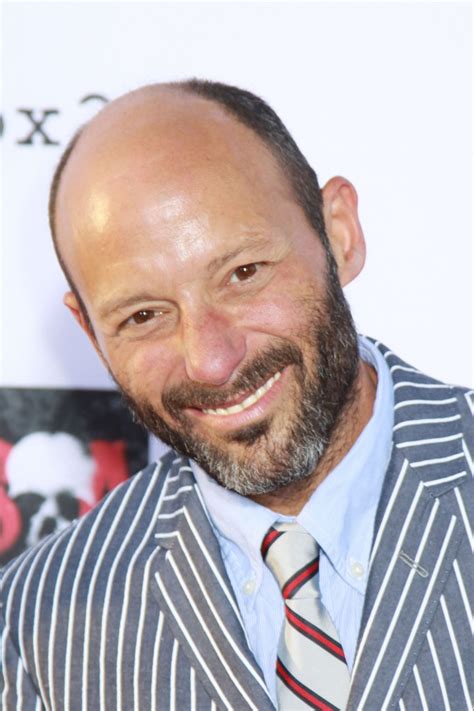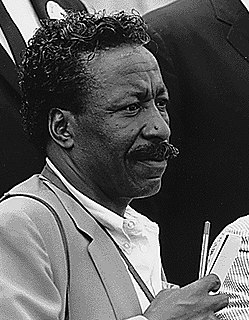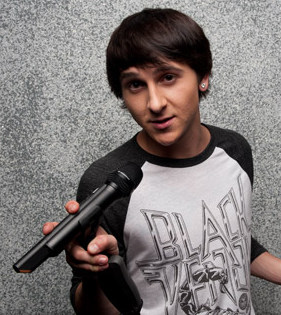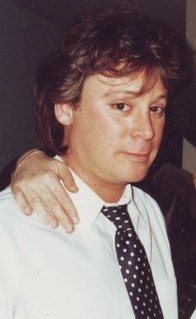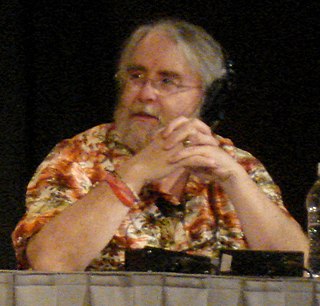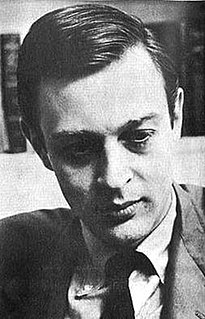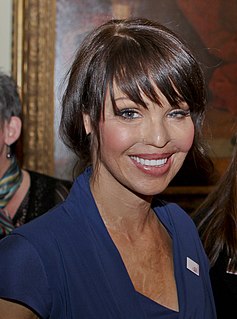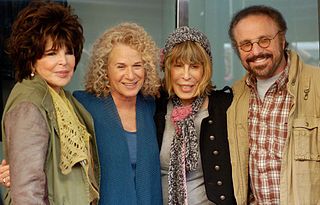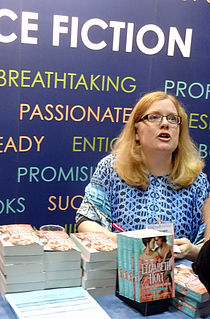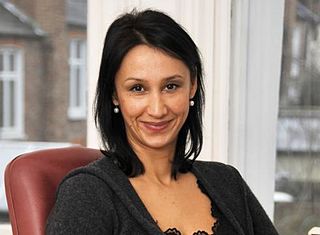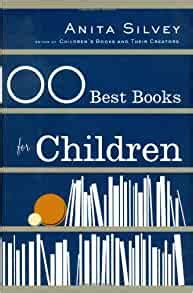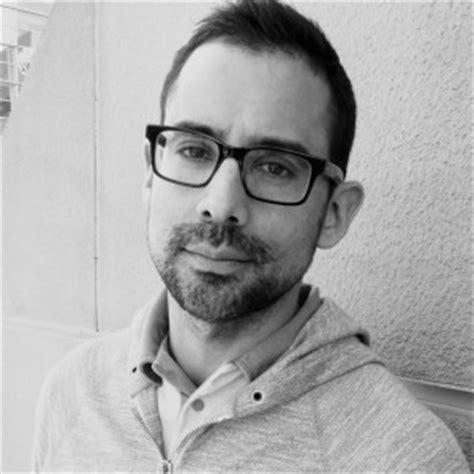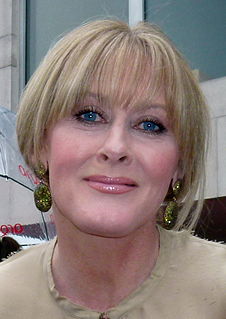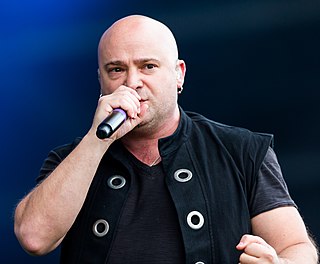Top 1200 Writing Essays Quotes & Sayings - Page 17
Explore popular Writing Essays quotes.
Last updated on December 18, 2024.
Simply put, meta-writing is writing that is self-conscious, self-reflective, and aware of itself as an artifice. The writer is aware she's writing, and she's aware there's a reader, which goes all the way back to Montaigne's often-used address "dear reader," or his brief introduction to Essais: "To the Reader." It can be done in a myriad of ways.
The written word is weak. Many people prefer life to it. Life gets your blood going, & it smells good. Writing is mere writing, literature is mere. It appeals only to the subtlest senses—the imagination’s vision, & the imagination’s hearing—& the moral sense, & the intellect. This writing that you do, that so thrills you, that so rocks & exhilarates you, as if you were dancing next to the band, is barely audible to anyone else.
Ever since high school I've been writing in a spiral notebook, in pencil. Everything looks too polished on a computer when you start writing, and I can't really see it. I feel like the words are much more naked in pencil, on a notebook. I feel that my brain works differently, and words come out differently, if I have a pencil in my hand, rather than if I have a keyboard. I tend to add more in the margins. I tend to elongate the sentences as I'm writing and editing, and there is just something about the feeling of writing longhand that I really love.
Autobiographical writings, essays, interviews, various other things... All the non-fiction prose I wanted to keep, that was the idea behind this collected volume, which came out about few years ago. I didn't think of Winter Journal, for example, as an autobiography, or a memoir. What it is is a literary work, composed of autobiographical fragments, but trying to attain, I hope, the effect of music.
To create anything — whether a short story or a magazine profile or a film or a sitcom — is to believe, if only momentarily, you are capable of magic. These essays are about that magic — which is sometimes perilous, sometimes infectious, sometimes fragile, sometimes failed, sometimes infuriating, sometimes triumphant, and sometimes tragic. I went up there. I wrote. I tried to see.
Writing is so... I don't know, it's such a practice, and I feel very unpracticed in it, because I'm not doing it every day. And I really need to do it every day. In other words, you spend all this time writing a movie, and then you stop, and then you're shooting the movie, and then you're cutting, and a year and a half goes by, because in the editing room, you're not writing.
I wanted to be a director first to protect my writing. I'm a playwright and you don't need to protect your writing when you're in the theater because everyone's there to protect the writing. When I had an idea for a film that I really cared about as my own, I wanted to direct it, and then I immediately became interested in directing in and of itself because it's such a deep art. You suddenly have all these tools at your disposal to tell the story.
I pretty much started out writing full time. I was an at-home mom and when my youngest entered kindergarten, I started writing. I was 35, and before that I really hadn't written at all. Which means, I guess, that a) it's never too late to start a writing career (or any career you really want) and b) it's OK to get to your mid-30s and still not know what you want to be when you grow up.
For almost a quarter of a century, Teen Ink has been encouraging young people to write - and then has published those pieces. These heartfelt essays and poems explore the issues faced by teenagers today. I applaud their efforts because they not only help young people deal with their own lives but also encourage the budding authors of the next generation.
This is the practice school of writing. Like running, the more you do it, the better you get at it. Some days you don't want to run and you resist every step of the three miles, but you do it anyway. You practice whether you want to or not. You don't wait around for inspiration and a deep desire to run ... That's how writing is too ... One of the main aims in writing practice is to learn to trust your own mind and body; to grow patient and nonaggressive.
About 70% of what I've written about is centered on the clashes and conformities between the emerging life and physical sciences and older metaphysical frameworks in the 17th and 18th centuries. The other 30% consists of one-off essays or researches into other intriguing contemporary topics such as visual experience, aesthetics, social justice issues, and the epistemology of moral knowledge.
When I'm writing, especially when I'm writing in first person, I don't think about the characterization, or how they are going to express themselves, I just express my own approach to these things. I think most writers can never divorce themselves from their private lives and personas; they are the ones that are writing. And the more they remove themselves from their own persona, the more, perhaps, mechanical the work becomes.







